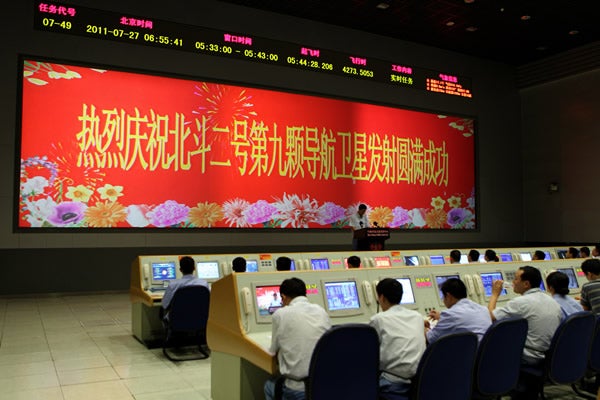Chinese Economic Espionage: An Overlooked Concern
Derek Scissors /
If you heard that people based in a certain country completely compromised the computer systems of Nortel, a Canadian telecom firm that has since collapsed, what country would you guess?
If you heard that a company based in a certain country was accused of receiving commercial secrets stolen from DuPont, what country would you guess?
If you heard that a company based in a certain country was accused by American Superconductor (AMSC) of stealing software used to program advanced wind turbines, what country would you guess?
Most people might just guess China, China, and China. They’d be right, which is a problem. And it’s not a new problem.
Economic espionage overlaps with and falls between national security and economics, between cybersecurity attacks and the violation of intellectual property rights (IPR). China is at or near the top of the offenders list in both cyberwarfare and IPR infringement, so it’s no surprise that the same is true for economic espionage.
The DuPont case is getting the most attention right now. A large state-owned Chinese steel firm, Pangang, is accused of receiving production secrets stolen from DuPont for a whitening chemical so that it could be made in China rather than in the U.S.
The Nortel fiasco is older but more worrisome. Telecom is not only a major industry; it has an obvious role in national security. Nortel fell apart at the same time that Chinese telecom companies became very competitive very quickly. It’s all but impossible to believe that the hacking had nothing to do with this.
But it’s AMSC’s suit against Sinovel that best illustrates the problem. There is no possibility whatsoever that AMSC will get a fair hearing in China; Sinovel is absolutely protected at home. The same is true of Pangang and other large Chinese firms.
AMSC’s only option is to purse its assets in the U.S. and elsewhere outside China. This is an ugly road to travel, and it opens the door to possible abuse. But unless Chinese companies—not just individuals—face costs for their actions, they have no reason to stop. It’s an unfortunate and even economically dangerous situation, one triggered by lawless, predatory behavior by a number of Chinese firms.
In an election year in the U.S., we will hear loud talk about things that don’t really matter in the U.S.–China relationship, such as the exchange rate. Economic espionage is a real problem that needs more attention.

